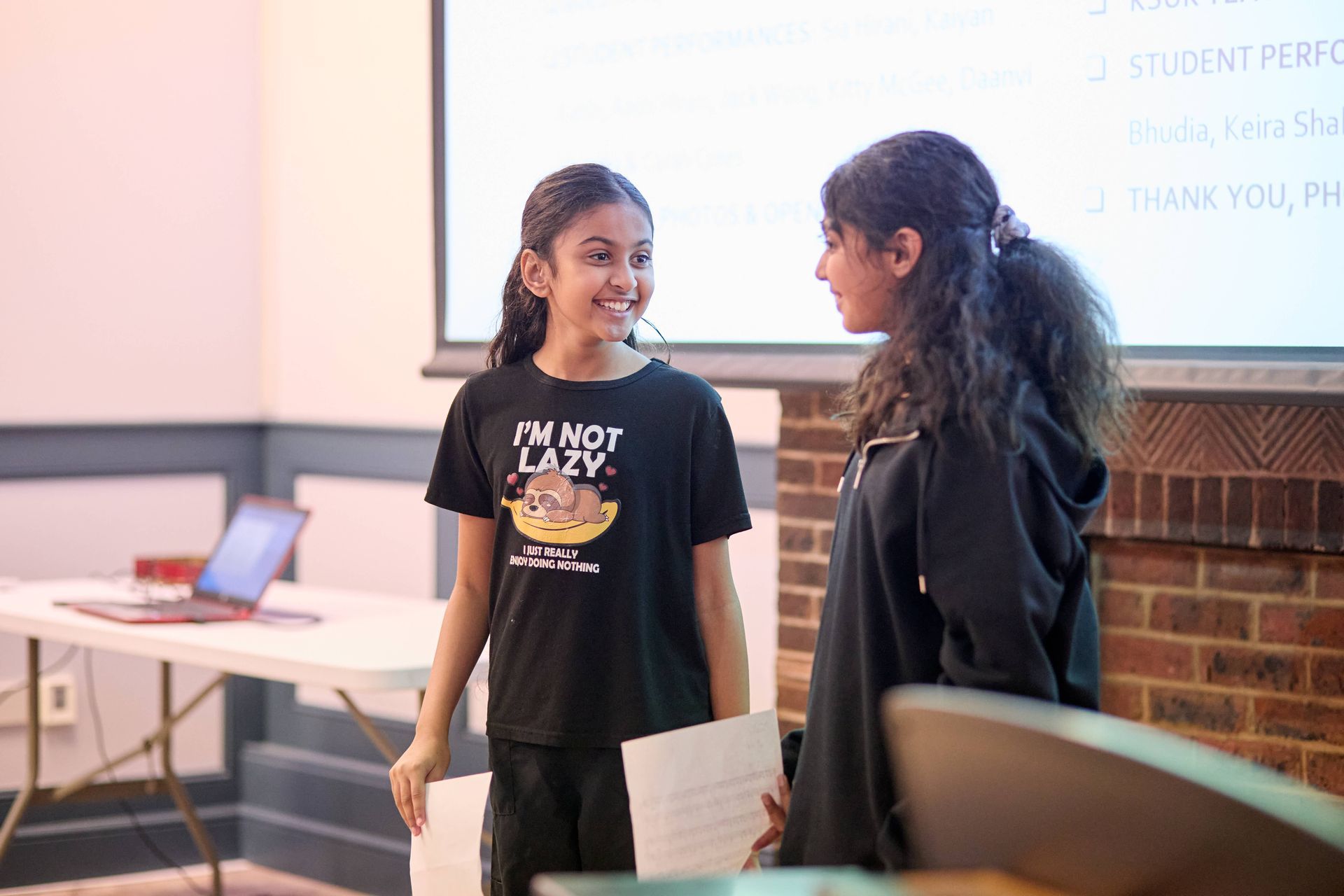How We Nurture Piano Students in our Classes
At Key Sounds UK, we believe that introducing children to piano lessons at a young age can set the foundation for a lifelong love of music. Our tailored approach ensures that each child, starting from the age of 5, receives personalized instruction that caters to their unique learning pace and style. By focusing on the individual needs of young learners, we create a nurturing environment that fosters both musical and personal growth.
Our experienced instructors understand that children learn best when they are engaged and having fun. At Key Sounds UK, we incorporate interactive and creative teaching methods to make each lesson enjoyable and stimulating. This might include using colourful visual aids, engaging musical games, and incorporating familiar tunes that resonate with young children. By making learning fun, we help students develop a positive attitude towards music education, which can enhance their motivation and eagerness to practice.
One of the key benefits of our tailored piano lessons is the emphasis on building a strong foundation in music theory and technique from the very beginning. For young learners, this involves a gradual introduction to basic concepts such as note recognition, rhythm, and finger placement. Our instructors use age-appropriate materials and exercises to ensure that children grasp these fundamentals at their own pace. This solid foundation not only prepares them for more advanced studies but also boosts their confidence as they experience steady progress.
Additionally, our lessons at Key Sounds UK are designed to support the overall development of young children. Learning to play the piano can significantly enhance cognitive abilities, such as memory, attention, and problem-solving skills. The discipline of regular practice and the patience required to master a new piece of music can also contribute to a child's emotional development, teaching them perseverance and resilience. Moreover, performing in recitals and group classes helps build social skills and confidence, as children learn to express themselves and interact with their peers in a supportive setting.
In conclusion, Key Sounds UK is dedicated to nurturing young talent through tailored piano lessons that cater to children aged 5 and above. Our engaging and personalized approach not only makes learning enjoyable but also lays a strong musical foundation that benefits cognitive and emotional development. By choosing Key Sounds UK, parents can be confident that their children are receiving high-quality instruction that fosters a lifelong appreciation for music.



